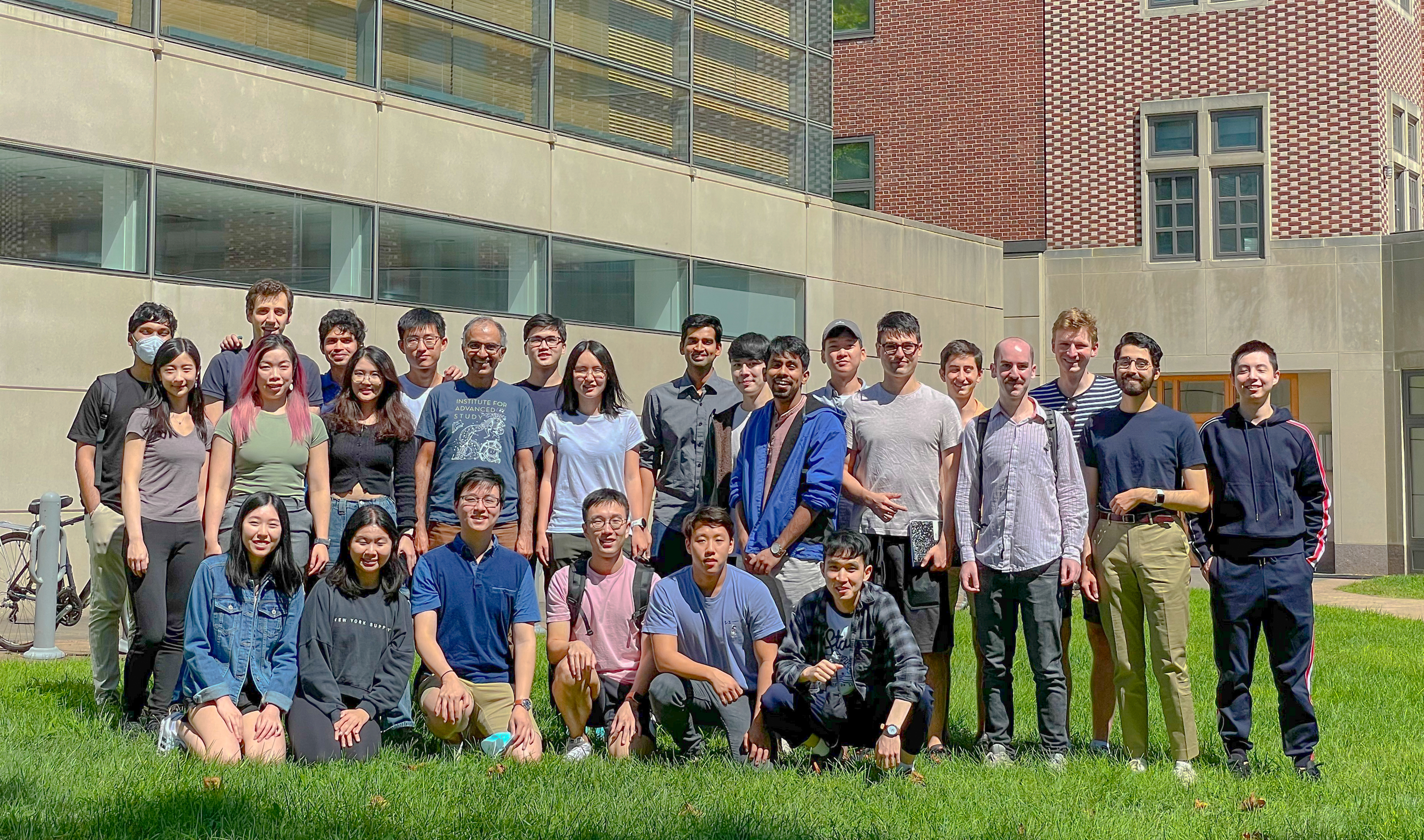News
- 2023/10: Check out our new blog Sheared LLaMA: Accelerating Language Model Pre-training via Structured Pruning by Mengzhou Xia and Tianyu Gao!
- 2023/10: Check out our new blog Flash-Decoding for Long-Context Inference by incoming Professor Tri Dao!
- 2022/11: Congrats to Vishvak Murahari, Carlos Jimenez, and Runzhe Yang for winning 2nd Place in the 2022 Nokia Bell Labs Prize!
- 2022/10: Congrats to Shunyu Yao and Zexuan Zhong for receiving a SEAS Award for Excellence!
- 2022/09: Congrats to Jane Pan for being named a 2023 Siebel Scholar!
- 2022/07: Congrats to Shunyu Yao and Dan Friedman for being named Graduate Student Fellows in Cognitive Science for the ‘22-‘23 academic year!
- 2022/05: Congrats to Huihan Li, Tianyu Gao, and Manan Goenka for receiving the outstanding paper award at ACL 2022 for their paper Ditch the Gold Standard: Re-evaluating Conversational Question Answering!
- 2022/05: Congrats to Jens Tuyls, Dan Friedman, and Mengzhou Xia for receiving a Graduate Student Teaching Assistant Award for the 2022 academic year!
- 2022/04: Congrats to Zexuan Zhong for recieving the J.P.Morgan PhD Fellowship and Jens Tuyls for receiving an NSF GRFP honorable mention!
- 2021/10: The first blog post is up! Check out “Phrase Retrieval and Beyond” by our visting postdoc Jinhyuk Lee.
- 2021/08: Congrats to Huihan Li for being named a 2022 Siebel Scholar!
- 2021/08: We welcome a group of new graduate students joining us this fall: Alex and Austin!
- 2020/08: We welcome a group of new graduate students joining us this fall: Carlos, Dan, Howard, Jens, Mengzhou, Tianyu, and Vishvak!
About Us
The Princeton NLP group conducts research in natural language processing, with the goal of making computers understand and use human language effectively. We develop novel algorithms, design new frameworks and investigate theoretical foundations to tackle challenging problems in language understanding, drawing on techniques like deep neural networks and reinforcement learning. Our work aims to push the boundaries of artificial intelligence while also enabling strides in practical text processing applications that can have a broad impact on various real world problems. Our recent efforts have focused on question answering, dialogue systems, language grounding, knowledge representation & reasoning, representation learning and algorithms for learning from weak supervision.
